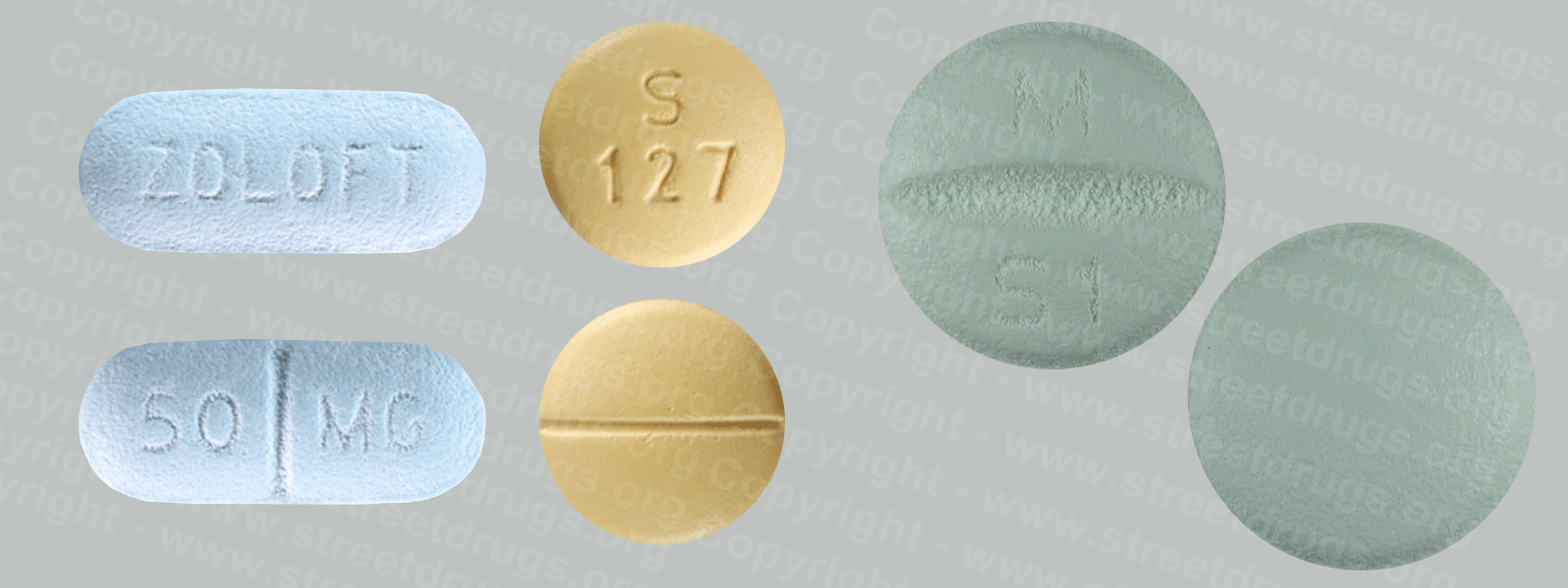Wellbutrin
Bupropion is an antidepressant medication used to treat depression.
Some people have reported symptoms such as changes in behavior, hostility, agitation, depressed mood, and suicidal thoughts (thinking about harming or killing oneself or planning or trying to do so) while taking bupropion to stop smoking. The role of Wellbutrin in causing these mood changes is unclear since people who quit smoking with or without medication may experience changes in their mental health due to nicotine withdrawal. However, some of these symptoms occurred in people who were taking bupropion and continued to smoke. Some people had these symptoms when they began taking Wellbutrin, and others developed them after several weeks of treatment or after stopping bupropion. These symptoms have occurred in people without a history of mental illness and have worsened in people who already had a mental illness. Tell your doctor if you have or have ever had depression, bipolar disorder (mood that changes from depressed to abnormally excited), schizophrenia (a mental illness that causes disturbed or unusual thinking, loss of interest in life, and strong or inappropriate emotions), or other mental illnesses.
If you experience any of the following symptoms, stop taking bupropion (Zyban) and call your doctor immediately: suicidal thoughts or actions; new or worsening depression, anxiety, or panic attacks; agitation; restlessness; angry or violent behavior; acting dangerously; mania (frenzied, abnormally excited or irritated mood); abnormal thoughts or sensations; hallucinations (seeing things or hearing voices that do not exist); feeling that people are against you; feeling confused; or any other sudden or unusual changes in behavior. Be sure that your family or caregiver knows which symptoms may be serious so they can call the doctor if you are unable to seek treatment on your own. Your doctor will monitor you closely until your symptoms get better.
For people taking bupropion (Wellbutrin) for depression:
A small number of children, teenagers, and young adults (up to 24 years of age) who took antidepressants (‘mood elevators’) such as bupropion during clinical studies became suicidal (thinking about harming or killing oneself or planning or trying to do so). Children, teenagers, and young adults who take antidepressants to treat depression or other mental illnesses may be more likely to become suicidal than children, teenagers, and young adults who do not take antidepressants to treat these conditions. This risk should be considered and compared with the potential benefit in the treatment of depression, in deciding whether a child or teenager should take an antidepressant. Children younger than 18 years of age should not normally take bupropion, but in some cases, a doctor may decide that bupropion is the best medication to treat a child’s condition.
No matter what your age, before you take an antidepressant, you, your parent, or your caregiver should talk to your doctor about the risks and benefits of treating your condition with an antidepressant or with other treatments. You should also talk about the risks and benefits of not treating your condition. You should know that having depression or another mental illness greatly increases the risk that you will become suicidal, especially at the beginning of your treatment or any time that your dose is increased or decreased. This risk is higher if you or anyone in your family has or has ever had bipolar disorder or mania or has thought about or attempted suicide. Talk to your doctor about your condition, symptoms, and personal and family medical history. You and your doctor will decide what type of treatment is right for you.
You should know that your mental health may change in unexpected ways when you take bupropion or other antidepressants even if you are an adult over age 24 or if you do not have a mental illness and you are taking bupropion to treat a different type of condition. You may become suicidal, especially at the beginning of your treatment and any time that your dose is increased or decreased. You, your family, or your caregiver should call your doctor right away if you experience any of the following symptoms: new or worsening depression; thinking about harming or killing yourself, or planning or trying to do so; extreme worry; agitation; panic attacks; difficulty falling asleep or staying asleep; aggressive behavior; irritability; acting without thinking; severe restlessness; and frenzied abnormal excitement. Be sure that your family or caregiver knows which symptoms may be serious so they can call the doctor if you are unable to seek treatment on your own.


CONTACT US
MANUFACTURER LIST


